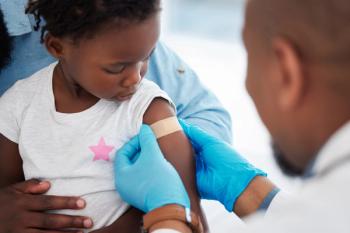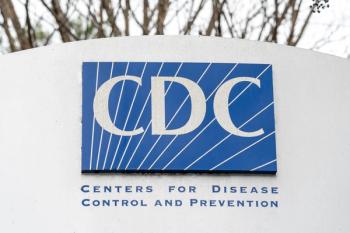
Kindergarten readiness has long-reaching education and health outcomes
School readiness has long been touted as a way to ensure the best educational outcomes, but a new study indicates that it can also help with health outcomes too.
Kindergarten is more than just the start of a child’s academic career. It’s also when a child’s future scholastic success could be partly determined. An
In the study, trained examiners were used to test each child’s number knowledge and receptive vocabulary. The kindergarten teachers also reported on the engagement they saw in their classrooms. When the participant was aged 17 years, he or she reported on a variety of things including height and weight, substance abuse, physical activity involvement, anxiety sensitivity, academic grades, and school connectedness. The risk of school dropout from high school was estimated for each study participant by utilizing grade retention, school engagement, and grades.
A total of 966 children from Canada were included in the study. The researchers found that math skills in kindergarten aided in a child having better end-of-high school grades (β = .17, P < .01) as well as a lower risk of dropout (β = −.20, P < .001). Receptive vocabulary skills anticipated future lower anxiety sensitivity (β = −.11, P < .01). Engagement in kindergarten was found to forecast a lower risk of substance abuse (β = −.21, P < .001), greater physician activity involvement (β = .09, P < .05), better school connectedness (β = .15, P < .01), higher end of high school grades (β = .17, P < .001), and lower risk of dropout (β = −.20, P < .01). Additionally, engagement in the kindergarten classroom was linked to a 65% reduction (odds ratio = 0.35) in the odds of being overweight at age 17 years. All of the analyses were adjusted for a number of characteristics including parental involvement, nonverbal IQ, family configuration, and familial socioeconomic status.
The researchers concluded that being ready to attend kindergarten could give a protective edge to adolescents preparing to end their compulsory education. Additionally, they found some links between education and health indicators, which suggests that school readiness could have an impact on future health as well. Additionally, encouraging school readiness could limit the health burden that is created by dropping out of high school.
Reference
1. Fitzpatrick C, Boers E, Pagani L. Kindergarten readiness, later health, and social costs. Pediatrics. November 2, 2020. Epub ahead of print. doi:10.1542/peds.2020-0978
Newsletter
Access practical, evidence-based guidance to support better care for our youngest patients. Join our email list for the latest clinical updates.










